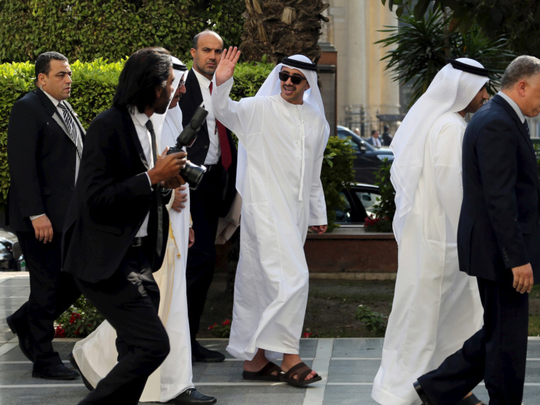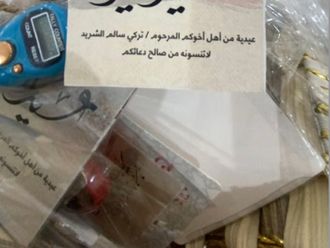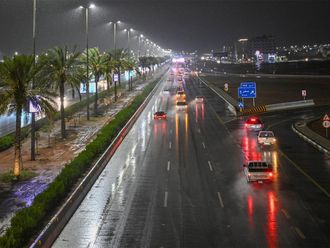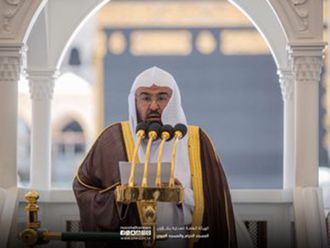
Manama: Sectarianism in the Arab world is a direct product of the Iranian revolution, Saudi Arabia’s foreign minister Adel Al Jubeir said during a press conference Sunday.
“Before 1979, we had never heard of sectarianism in the Arab countries,” he said.
His comments came directly after an extraordinary meeting of Arab foreign ministers in Cairo to discuss recent tension with Iran.
The meeting unequivocally backed Riyadh against Iran’s recent “hostile statements” against it.
“Iran has been supporting extremism and sectarianism for three decades. If it keeps up with such an antagonistic policy, it will be directly opposed by the Arab states,” he said.
He said that Iran did not mobilise itself for fights inside of Iran, the way it was doing in Arab countries.
“Saudi Arabia does not believe in conflicts and sectarianism and does not discriminate between Sunnis and Shiites,” he said, adding that Riyadh had no problems with the Iranian people.
Al Jubeir said that Iran has attempted to sow seditions in the Arab countries and in Saudi Arabia, but has failed.
UAE foreign minister Shaikh Abdullah Bin Zayed insisted his country had no problem with the Iranian people as well, noting there were less than 90,000 Iranians in the UAE.
He reiterated the meeting’s call for Iran to stop its negative behaviour in the region.
While Iran tries to improve its relations with the West, it was not affording its neighbouring countries the same opportunity.
Shaikh Abdullah said the UAE was not involved in any mediation with Iran. He added that the UAE fully backed Saudi Arabia and even deployed thousands of Emirati troops to fight in Yemen as a part of the Saudi-led Arab coalition.
“Attacks on Saudi diplomatic missions are considered as an attack on the UAE as well,” he said. He was referring events that unfolded on January 2 when Iranian mobs ransacked Saudi missions in Iran after the execution of anti-government Shiite cleric Nimr Al Nimr.
All of the Arab countries endorsed the statement by the Arab League, except for Lebanon, which reservations about the statement’s mentioning of Hezbollah’s involvement in a terrorist cell in Bahrain.












